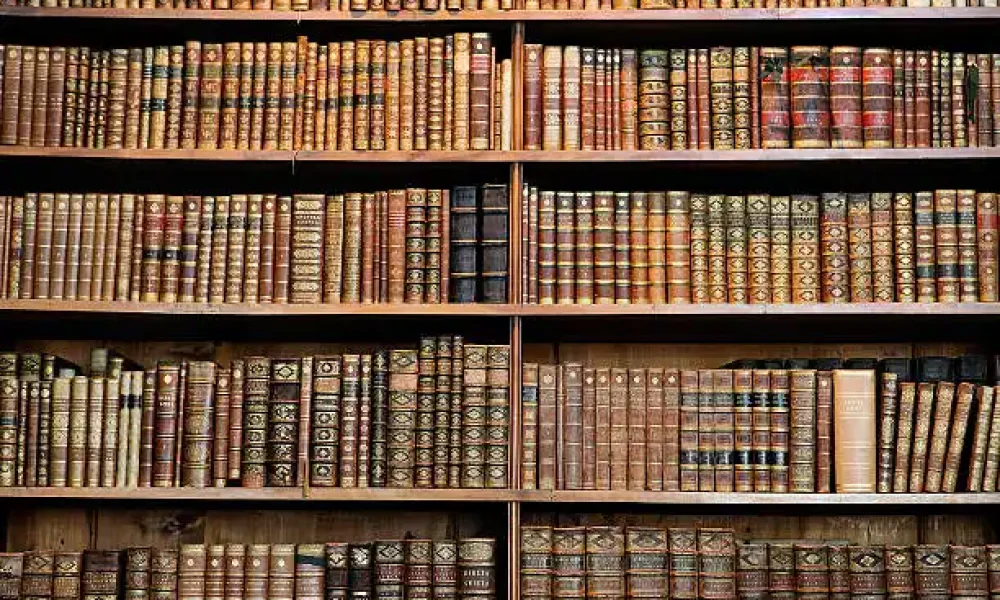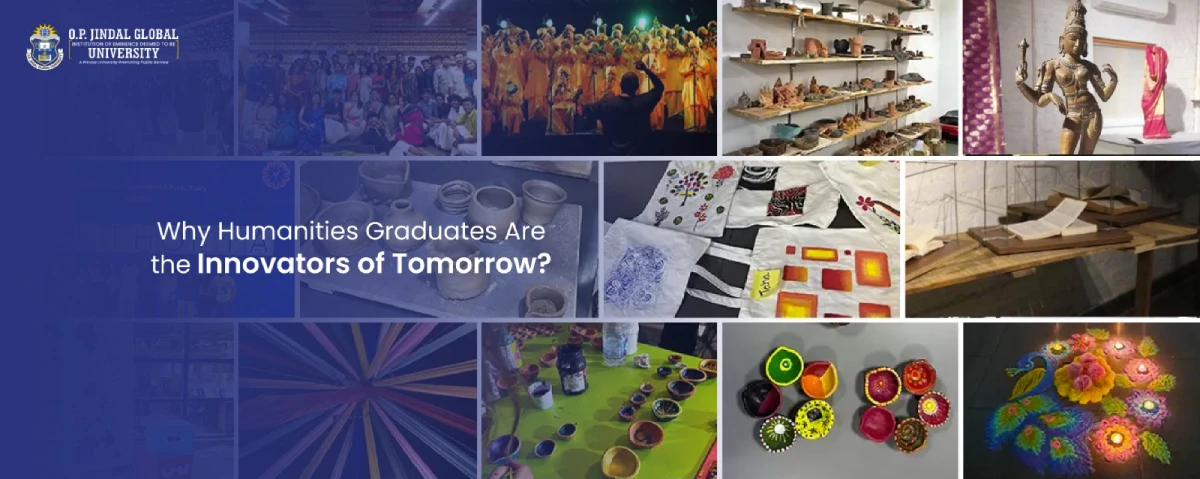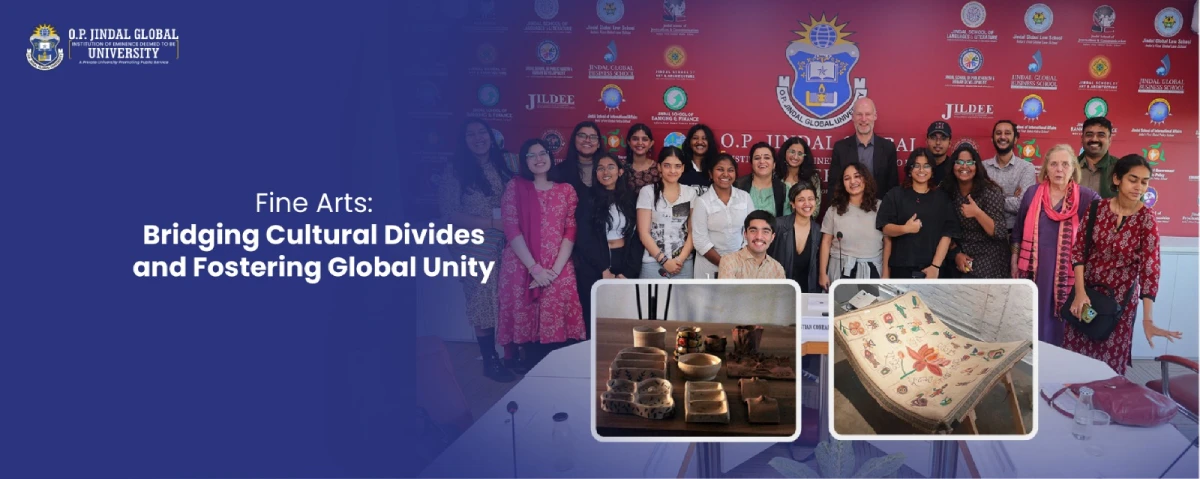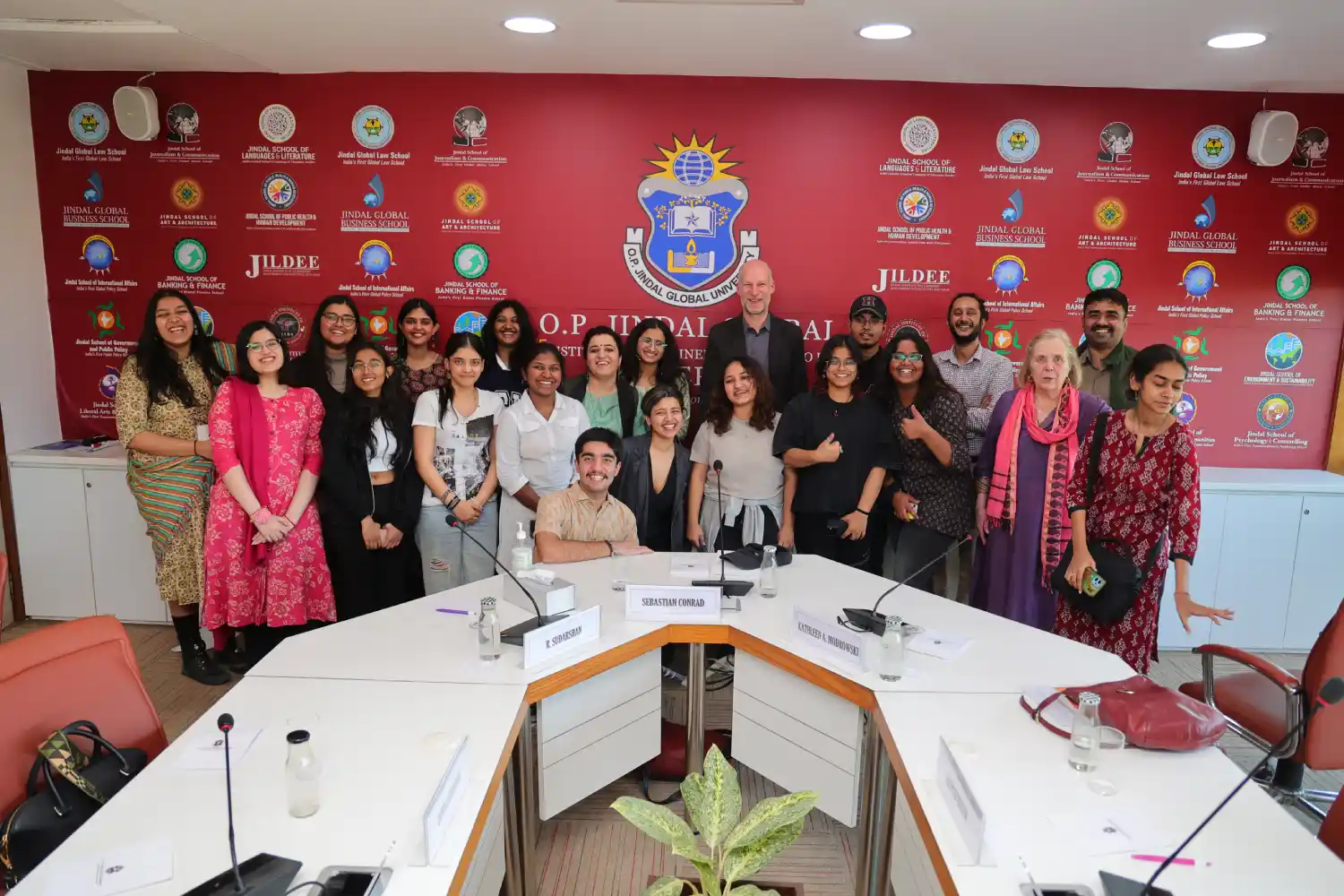Table of Contents
Liberal arts is a term that encompasses a broad range of academic disciplines that aim to develop the intellectual, creative, and moral capacities of students. Liberal arts education is not just focused on preparing students for a specific career, but rather on cultivating their critical thinking, communication, problem-solving, and ethical skills that can be applied to any field of endeavor.
Meaning & Definitions- What is Liberal Arts?
The word “liberal” in liberal arts does not refer to a political ideology, but to the Latin word “liberalis”, which means “of or pertaining to a free person”. Today, the liberal arts meaning has expanded to include not only the classical subjects, but also the humanities, social sciences, natural sciences, and arts. Some of the common liberal arts subjects are literature, history, philosophy, psychology, sociology, economics, biology, chemistry, physics, and art. Liberal arts education is interdisciplinary, meaning that it encourages students to explore the connections and interactions between different fields of knowledge.
History of Liberal Arts
The origin of liberal arts degree can be traced back to the ancient civilizations of Greece and Rome, where they were regarded as the foundation of a well-rounded education for the elite. The concept of liberal arts was further developed by the medieval scholars, who organized them into the trivium (grammar, rhetoric, and logic) and the quadrivium (arithmetic, geometry, music, and astronomy). The liberal arts curriculum was the basis of the education system in Europe until the 19th century, when the rise of industrialization and specialization led to the emergence of more vocational and professional courses.
Scope of Liberal Arts in India
Liberal arts education is relatively new in India, where the traditional education system has been dominated by the streams of science, commerce, and arts. However, in recent years, there has been a growing recognition of the value and relevance of liberal arts education in the Indian context. Several factors have contributed to this trend, such as:
- The increasing demand for skilled and versatile workers in the globalized and dynamic economy, who can adapt to changing situations and learn new skills.
- The need for fostering a culture of innovation and creativity, which can address the complex and multidimensional challenges facing the country and the world.
- The desire for promoting a holistic and humanistic education, which can nurture the intellectual, emotional, social, and cultural development of students.
- The aspiration for creating a more inclusive and diverse society, which can respect and celebrate the differences and similarities among people.
Benefits of Liberal Arts Education
Liberal arts education has many benefits for students, both personally and professionally. Some of the benefits are:
- Liberal arts education helps students to develop a broad and deep knowledge base, which can enrich their understanding of themselves and the world around them.
- Liberal arts education enhances students’ cognitive and analytical skills, which can enable them to think critically, creatively, and independently.
- Liberal arts education fosters students’ communication and collaboration skills, which can empower them to express themselves effectively and work with others productively.
- Liberal arts education cultivates students’ ethical and civic skills, which can inspire them to act responsibly and contribute positively to society.
- Liberal arts education prepares students for lifelong learning, which can equip them to pursue their passions and potentials.

Major Subjects in this Stream
Liberal arts education covers a wide range of subjects that span the humanities, social sciences, natural sciences, and arts. Some of the major subjects in this stream are:
- Literature: Literature is the study of written works, such as novels, poems, plays, essays, and stories, that express the ideas, emotions, and experiences of human beings.
- History: History is the study of the past, such as the events, people, cultures, and movements that have shaped the present and the future.
- Philosophy: Philosophy is the study of the fundamental questions and problems that concern the nature of reality, knowledge, morality, and existence.
- Psychology: Psychology is the study of the mind and behavior, such as the processes, functions, and influences that affect how people think, feel, and act.
- Sociology: Sociology is the study of the social and cultural aspects of human life, such as the groups, organizations, institutions, and patterns that shape and are shaped by human interactions.
Importance of Liberal Arts
The importance of liberal arts education in the 21st century lies in its ability to foster critical thinking, creativity, adaptability, and a well-rounded understanding of the world, preparing individuals to navigate complex challenges and thrive in diverse professional and personal contexts. Some reasons why liberal arts is important are-
- Liberal arts education can help students to become well-rounded and versatile individuals, who can integrate and apply their knowledge and skills across different domains and contexts.
- Liberal arts education can help students to become adaptable and flexible learners, who can cope with and thrive in the changing and uncertain world.
- Liberal arts education can help students to become innovative and original thinkers, who can generate and implement new ideas and solutions for the challenges and opportunities that they encounter.
- Liberal arts education can help students to become engaged and responsible citizens, who can participate and contribute to the democratic and diverse society.
Conclusion
In conclusion, the significance of liberal arts education in the 21st century cannot be overstated. Its emphasis on critical thinking, creativity, and adaptability equips individuals with the skills necessary to navigate today’s complex world. While closely related to humanities, liberal arts encompass a broader range of subjects, fostering interdisciplinary learning and a holistic understanding of the human experience.
Liberal arts education transcends mere career preparation, nurturing well-rounded individuals capable of contributing meaningfully to society. Thus, understanding the difference between liberal arts and humanities, and grasping the essence of what constitutes a liberal arts education, is paramount for those seeking to thrive in an ever-evolving global landscape.





